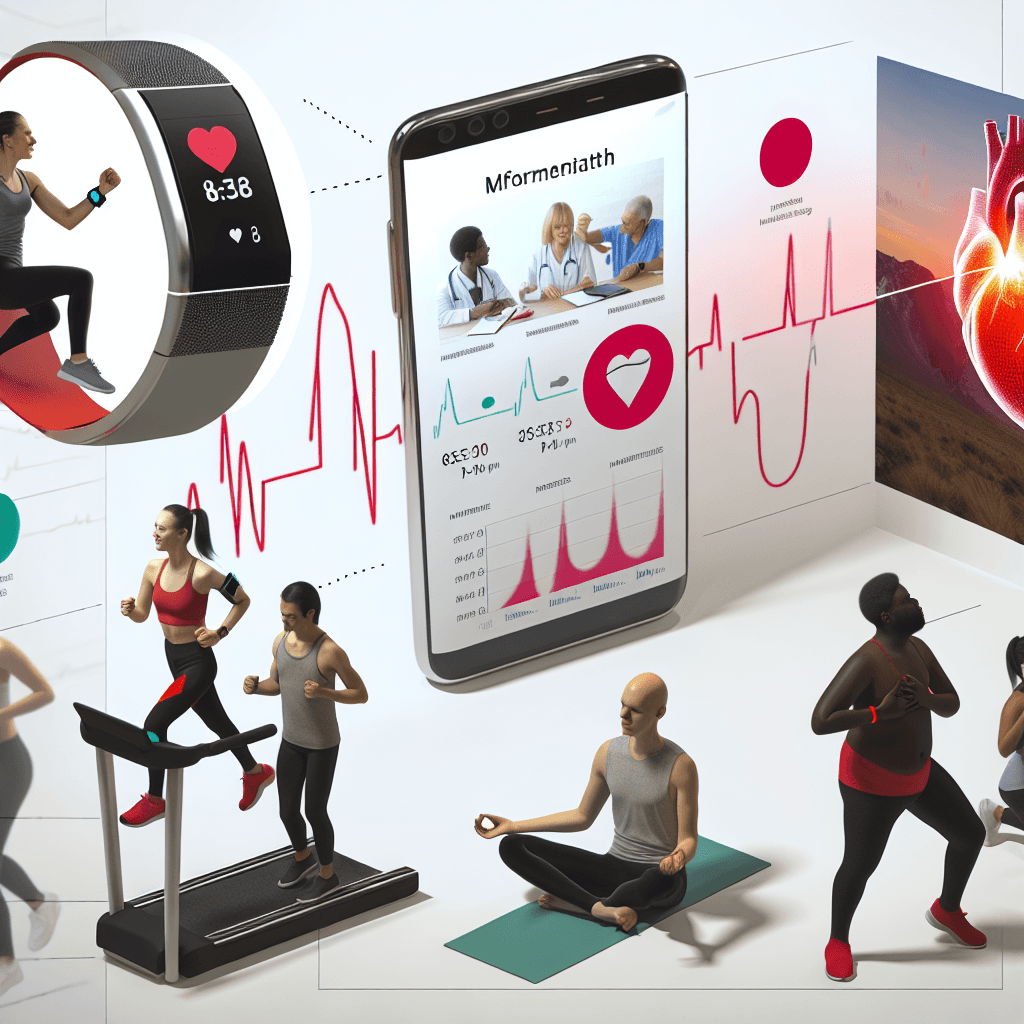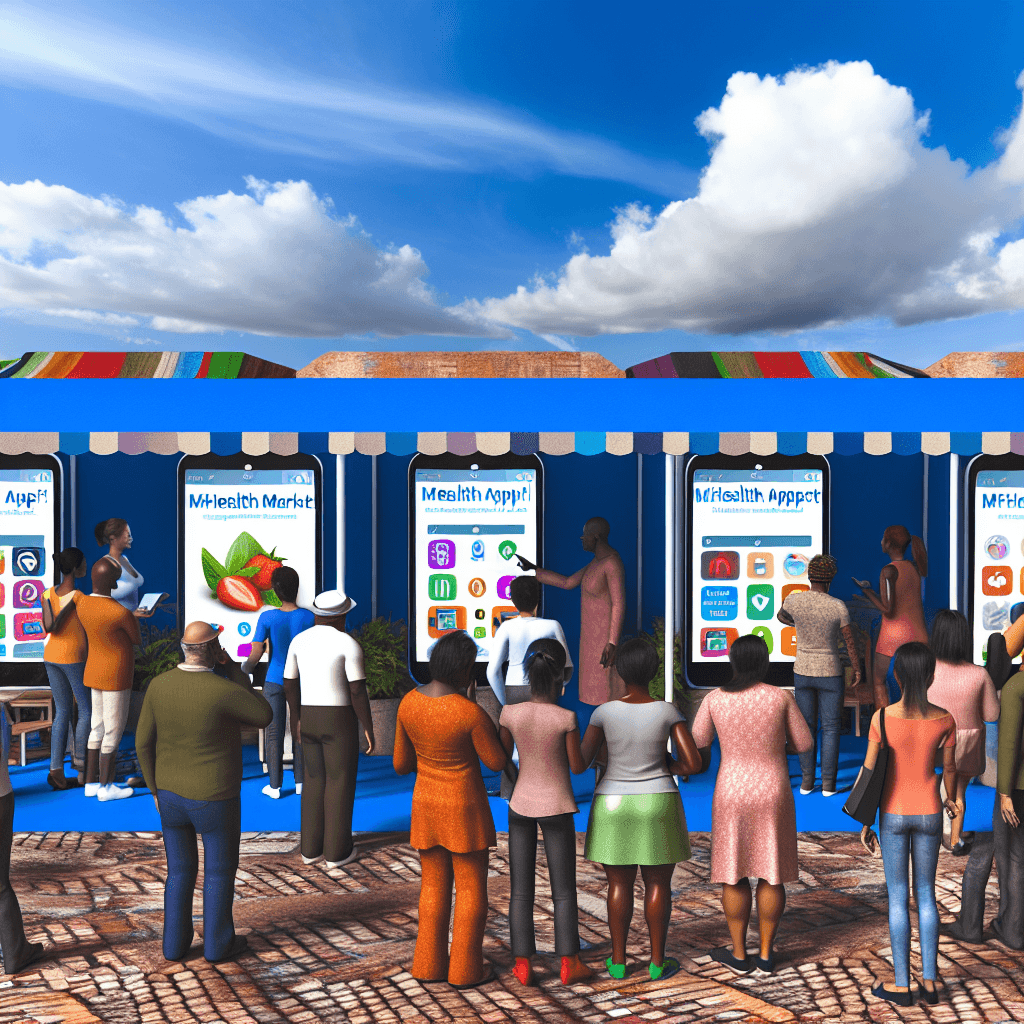Explore the growing mHealth market, focusing on mobile health apps’ impact on healthcare accessibility and efficiency.
Mobile Health (mHealth) & MHealth Apps Market

Table of Contents
Exploring the Surge of Mobile Health (mHealth) and mHealth Apps Market

The landscape of healthcare has been dramatically transformed by the advent of mobile technology, particularly through mobile health (mHealth) applications. These tools not only facilitate widespread access to health information and services but also empower individuals to manage their own health more effectively. This article delves into the burgeoning mHealth apps market, exploring its drivers, key players, and the challenges it faces, alongside providing a glimpse into its future trajectory.
Understanding Mobile Health (mHealth)
Mobile health, or mHealth, refers to the practice of medicine and public health supported by mobile devices such as smartphones, tablets, and other wireless devices. It encompasses the use of mobile communication devices for health services and information, as well as mobile health applications. These technologies address a wide range of needs: from collecting community and clinical health data to delivering healthcare information to practitioners, researchers, and patients, real-time monitoring of patient vital signs, and direct provision of care (via mobile telemedicine).
Growth Drivers of the mHealth Apps Market
Several factors contribute to the rapid growth of the mHealth apps market:
- Increasing Smartphone Penetration: With more people owning smartphones worldwide, the reach of mHealth apps has significantly expanded.
- Advancements in Technology: Improved mobile connectivity and capabilities enable more sophisticated healthcare applications, enhancing user engagement and functionality.
- Rising Focus on Personalized Medicine: mHealth apps support tailored healthcare approaches which are becoming increasingly popular among patients and healthcare providers alike.
- Healthcare Cost Reduction: mHealth apps have been shown to decrease the costs associated with traditional healthcare delivery by reducing the need for in-person visits and enabling remote monitoring and management.
- Government Initiatives: Many governments are now actively promoting the use of mHealth applications to improve the health services infrastructure, particularly in rural and underserved areas.
Key Players in the mHealth Apps Market
The mHealth apps market features a mix of startups and established healthcare and technology companies. Notable players include:
- Apple HealthKit: Integrates data from various health apps and devices, providing users and healthcare professionals with a comprehensive view of health metrics.
- Fitbit: Offers wearables that track physical activity, sleep patterns, and other personal metrics for health monitoring.
- MySugr: Specializes in diabetes management, helping users manage their condition through logging and monitoring blood sugar levels, medication, and other health factors.
- Teladoc Health: Provides telemedicine services, allowing patients to consult with doctors remotely.
Challenges Facing the mHealth Apps Market
Despite its potential, the mHealth apps market faces several challenges:
- Data Privacy and Security: Handling sensitive health information requires stringent security measures to protect data from breaches and unauthorized access.
- Regulatory Compliance: mHealth apps must comply with various regulations, including those pertaining to medical devices and data protection, which can vary significantly from one region to another.
- Interoperability: The ability of mHealth applications to work across different healthcare systems and devices is crucial for their effectiveness but remains a significant hurdle.
- Market Saturation: With thousands of mHealth apps available, users and healthcare providers may find it challenging to discern high-quality, effective applications from those of lesser quality.
Case Studies: Success Stories in mHealth
Several case studies highlight the impact and potential of mHealth applications:
- Text4baby (USA): A free mobile information service designed to promote maternal and child health, providing timely tips and resources to pregnant women and new mothers.
- Mobile Midwife (Ghana): Uses mobile technology to register pregnant women and send them SMS messages tailored to their stage of pregnancy, encouraging them to seek antenatal care.
- Peek Vision: A smartphone-based solution for eye examinations that can be used in remote and low-resource settings, helping to identify people with vision problems and connect them with care.
The Future of mHealth
The future of mHealth appears promising, with continuous innovations in mobile technology and healthcare. Emerging trends include the integration of artificial intelligence to provide more personalized health recommendations, the use of blockchain for secure patient data exchange, and the expansion of telemedicine. As technology evolves, so too will the capabilities and reach of mHealth apps, potentially making them an integral part of healthcare delivery worldwide.
Conclusion
The mHealth apps market is poised for significant growth, driven by technological advancements, increasing smartphone penetration, and a shift towards personalized medicine. While challenges such as data security and regulatory hurdles persist, the potential benefits of mHealth for improving healthcare accessibility, reducing costs, and enhancing patient outcomes are immense. With ongoing innovations and government support, mHealth apps are likely to become a cornerstone of modern healthcare strategies.








